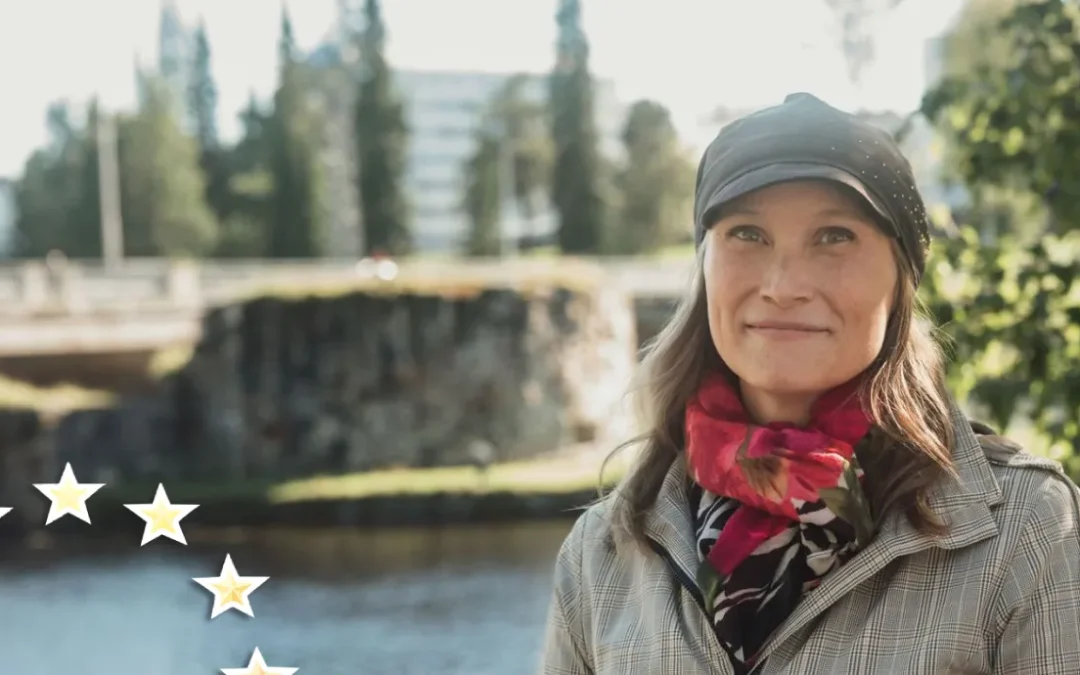Author Silja Keränen, original in Finnish: Ruoantuotannon kestävyysmurros – miten se tehdään? (verdelehti.fi)
The EU’s agricultural policy can accelerate the sustainability transformation of food production, which is important for the carrying capacity of the planet, human health, animal welfare, farmers’ livelihoods, profitability of the food sector, self-sufficiency and security of supply, writes Silja Keränen.
Implementing the sustainability transformation of food production is now more important than ever. This will bring food production to an ecologically sustainable and support farmers’ livelihoods. In addition, self-sufficiency in food production and security of supply will be ensured.
The EU’s agricultural policy makes it possible to bring about such a change it is a common agricultural policy for the whole EU, which spends around 40% of its budget on agricultural subsidies. More subsidies should be directed at measures that improve the state of the environment and nature and reduce emissions effecting climate. At the same time, farmers’ livelihoods must be guaranteed so that food production is profitable.
In addition, we need stronger minimum conditions than at present in areas such as animal welfare. This is, of course, most important for the animals, but it is also in the interests of the Finnish farmer.
The EU’s agricultural policy must ensure that food is produced in different parts of Europe, and also in different parts of Finland. In addition, the security of food supply must be improved and the transition away from fossil fuels and industrially produced fertilizers must be accelerated.
Efforts must be made to reduce bureaucracy – Finland should take a look in the mirror here – and the different circumstances in Member States taken into account.
The sustainability transition in food production is closely linked to making food consumption more sustainable, such as reducing the consumption of animal-based products. This benefits both the environment and human health.
Agricultural policy must recognise the complexity of the food system and the fact that different ways of producing food will become more common in the future. In practice, this means, for example, protein produced in reactors or food grown indoors. These new ways of producing food must be promoted, while ensuring their sustainability, of course.
The EU’s agricultural policy is able to accelerate the comprehensive transformation of food production, which is essential for the planet’s carrying capacity, human health, animal welfare, farmers’ livelihoods, the profitability of the entire food sector, and improving self-sufficiency and security of supply.
Silja Keränen
The writer is a Green candidate in the European elections

